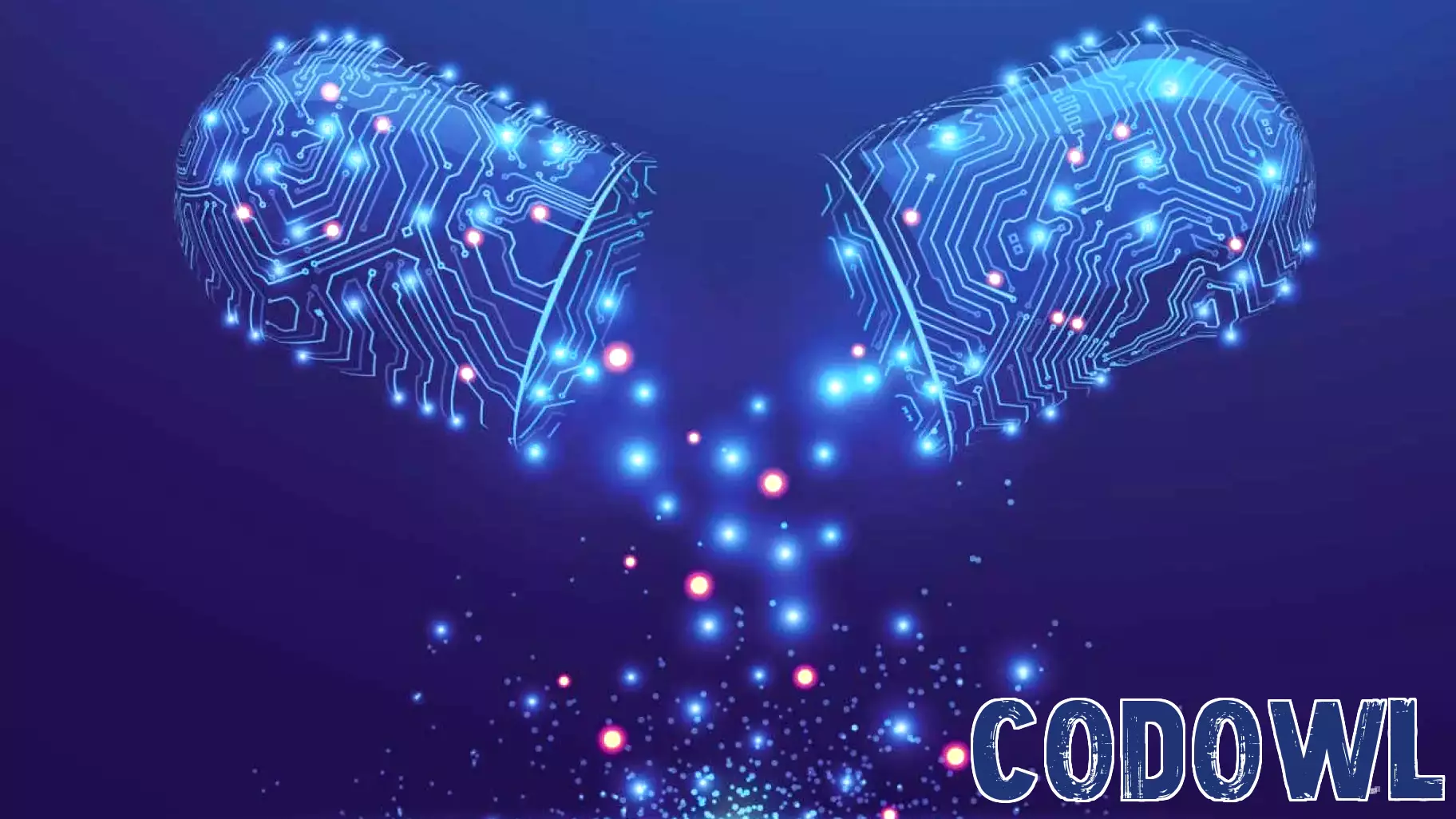Are Machines Ready to Take Over Medical Diagnosis?
December 19, 2024 - 15:01

Recent advancements in artificial intelligence have sparked a significant conversation about the potential of AI to revolutionize the field of medicine. With remarkable accuracy, AI systems are now capable of performing specific diagnostic tasks that often surpass the capabilities of human doctors. This progress is largely attributed to sophisticated algorithms that can analyze vast amounts of data, recognize patterns, and make predictions based on historical cases.
However, the landscape is not as straightforward as it may seem. While AI can enhance diagnostic precision, it lacks the human touch that is pivotal in patient care. Empathy, ethical considerations, and the ability to understand complex human emotions are qualities that machines cannot replicate. Moreover, the integration of AI into healthcare raises questions about accountability and the importance of maintaining a human presence in medical decision-making.
As technology continues to evolve, the collaboration between AI and healthcare professionals may lead to better outcomes, but the complete replacement of human doctors remains a complex and nuanced issue. The future of medicine may involve a partnership where AI augments the capabilities of healthcare providers rather than completely replacing them.
MORE NEWS

March 5, 2026 - 04:56
Horizon Technology Finance Stock Drops 23% Over Decline In Q4 EarningsShares of Horizon Technology Finance Corporation experienced a sharp decline, plummeting approximately 23% during Wednesday`s trading session. The dramatic sell-off followed the company`s release...

March 4, 2026 - 05:25
China is about to show the world its plan to win the futureAfter five years of intensive domestic cultivation in innovation and cutting-edge technology, China is poised to enter a decisive new phase. The national strategy is now shifting from research and...

March 3, 2026 - 23:15
Technology issue delays SAT test for Indiana high schoolersA widespread technology issue has forced the postponement of SAT testing for high school juniors across Indiana. Students were scheduled to take the crucial college admissions exam on Tuesday, but...

March 3, 2026 - 05:25
Professor Sir Cato T. Laurencin: Founding Fellow of The Saint Lucia Academy of Technology, Science, and the ArtsA new institution dedicated to advancing innovation in the Caribbean has been formally established, bearing the intellectual imprint of a globally recognized scientist. The Saint Lucia Academy of...